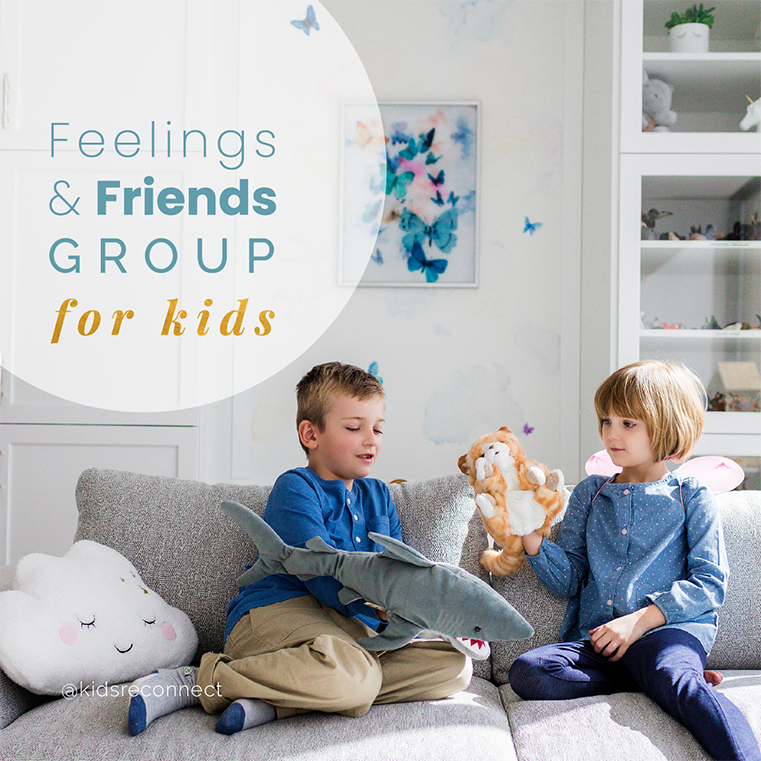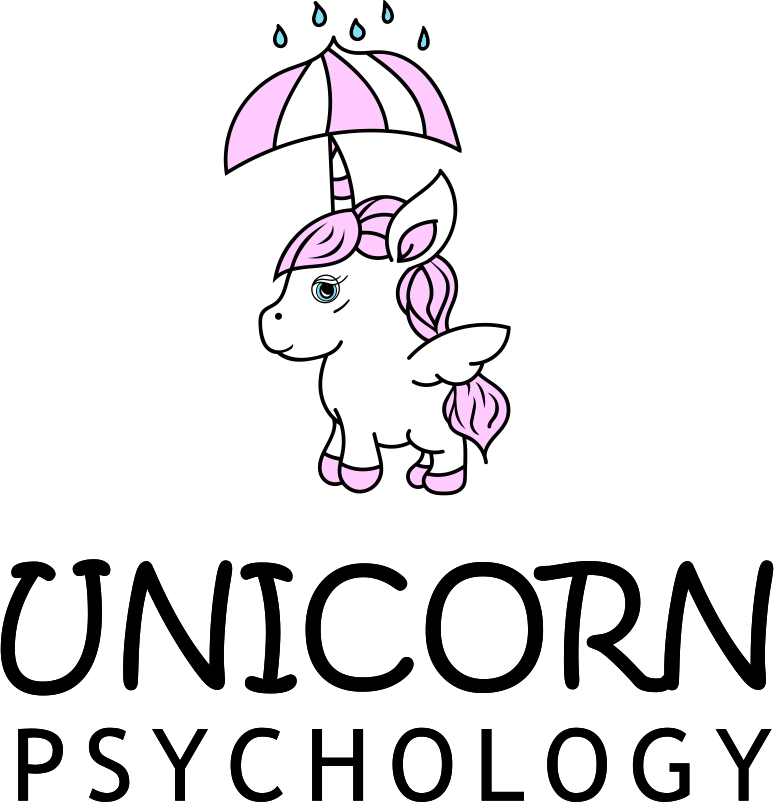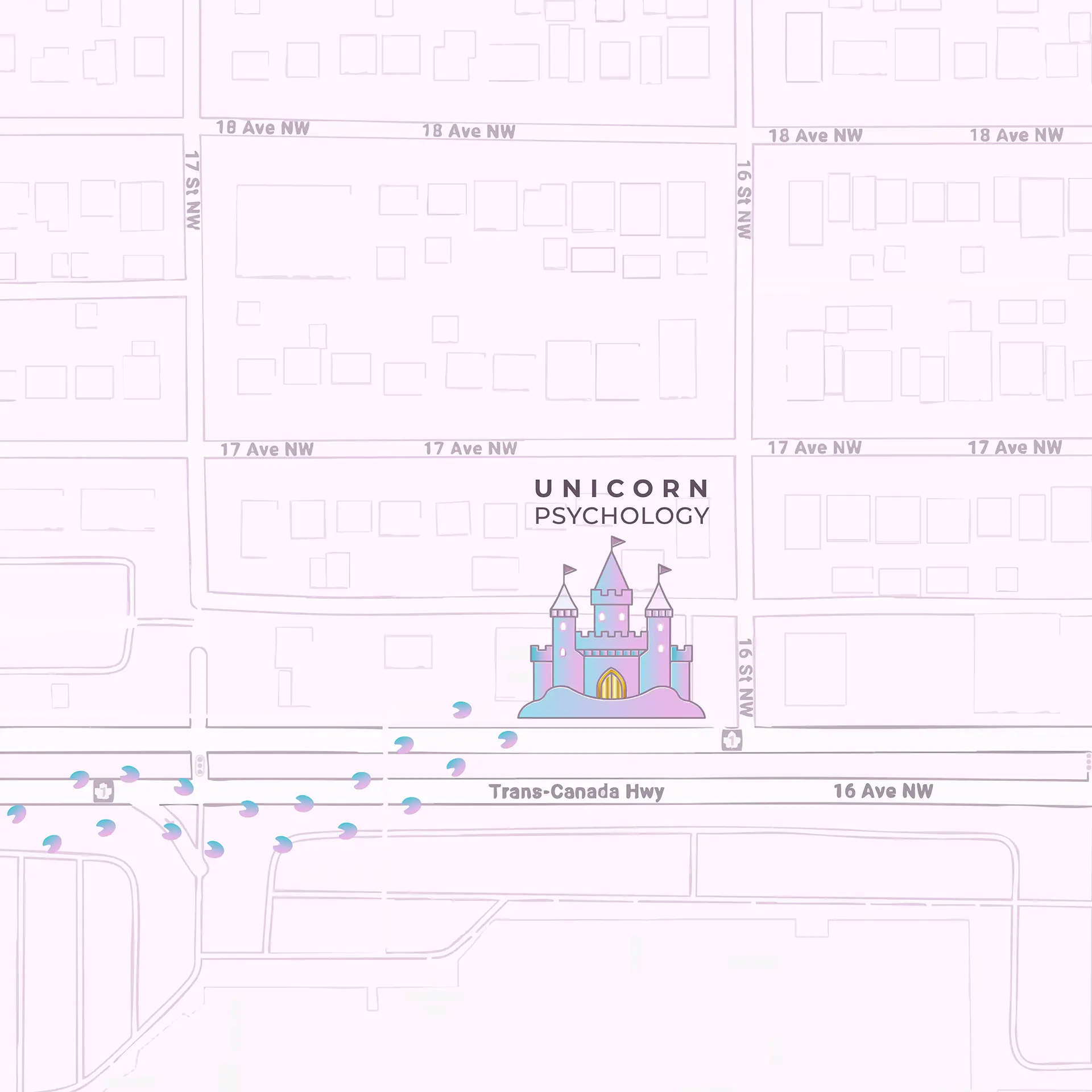At Unicorn Psychology
we believe that every child’s story is waiting to be told
Our Mission
Our mission is to help families in Calgary navigate the colourful journey of childhood and adolescence with creativity, compassion, and expertise.
Our Approach
Science, heart, and a little bit of magic!
Our Psychological Services in Calgary for Children and Adolescents
- Play Therapy – because play is how children process the world.
- Cognitive Behavioural Therapy (CBT) – helping kids & teens shift negative thought patterns.
- Internal Family Systems (IFS) – exploring emotions with self-compassion.
Little Explorers (Ages 3-7): Play, Feel, Grow
Our Psychological Services in Calgary for Children and Adolescents
- Play Therapy – because play is how children process the world.
- Cognitive Behavioural Therapy (CBT) – helping kids & teens shift negative thought patterns.
- Internal Family Systems (IFS) – exploring emotions with self-compassion.
Young children don’t sit down and say, “I feel anxious today.” Instead, they act out, withdraw, or struggle to focus. We meet them in their world—through play, imagination, and storytelling—so they show us their feelings
What might play therapy look like for young kids?
- A child using superhero figures to battle their biggest fears.
- A quiet child creating a world where they finally feel in control.
- A game where a child learns confidence, trust, and self-expression
How we help children ages 3-7
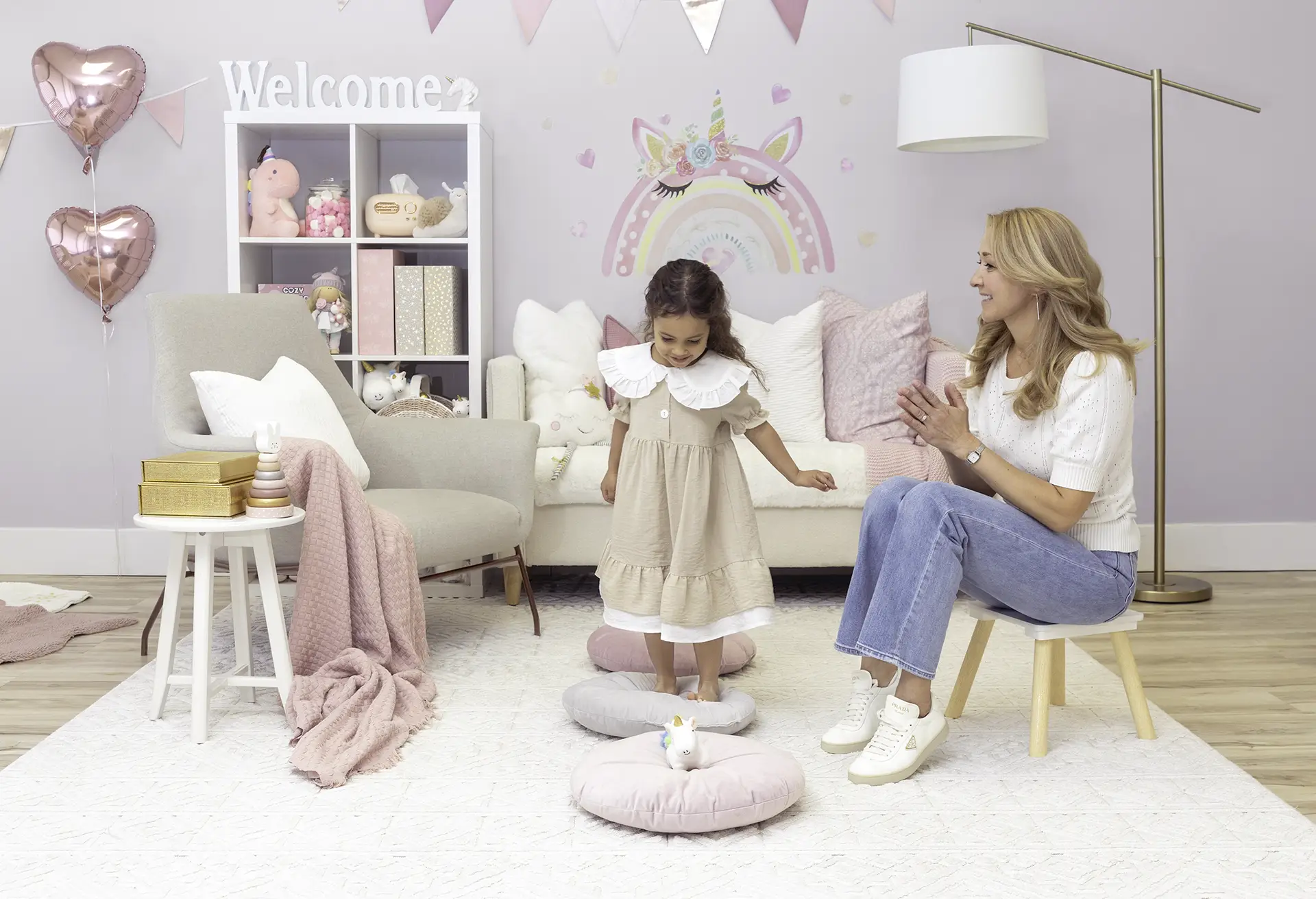
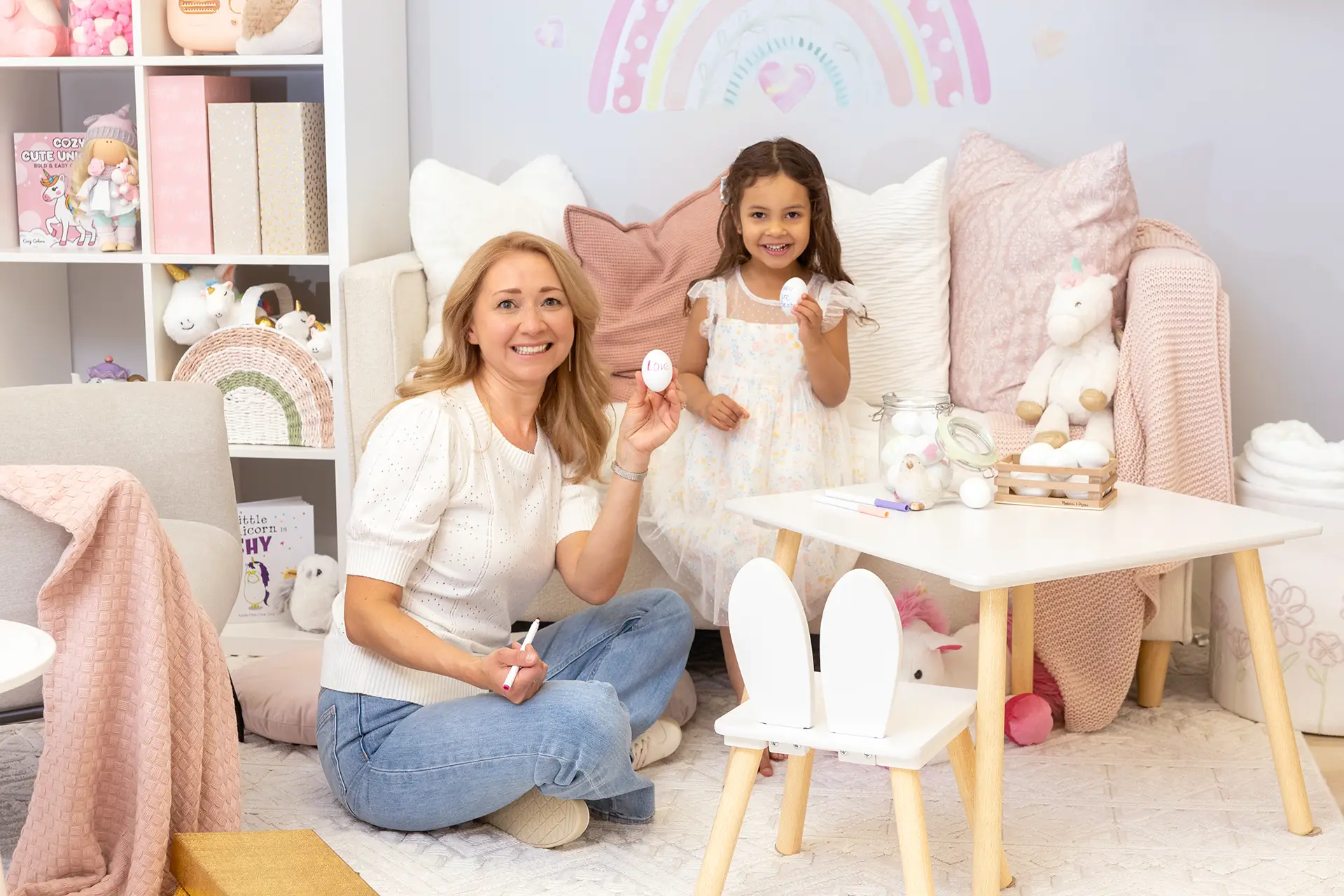
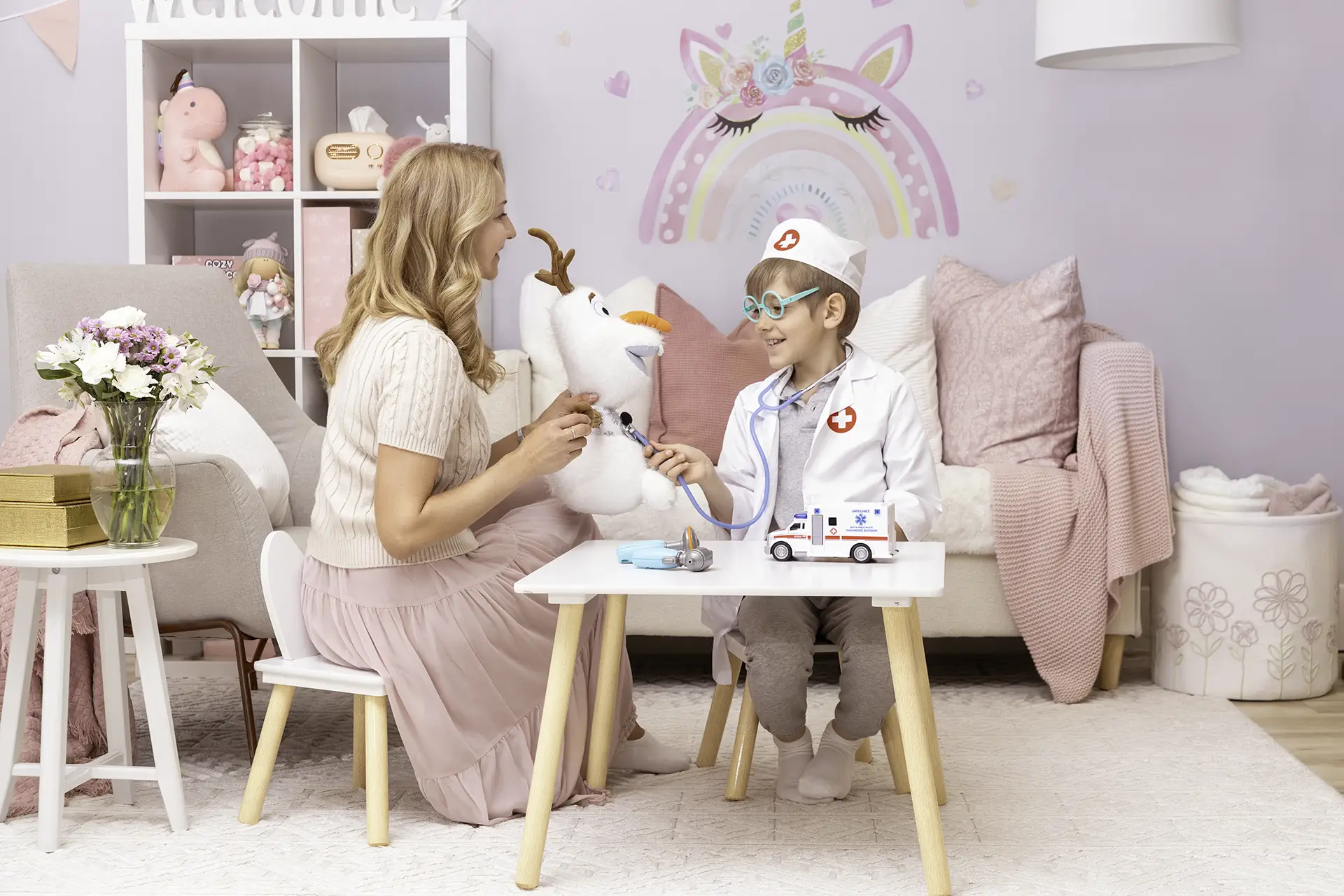
Preteens (Ages 8-12): Navigating the in-between years
Preteens are in that magical (and messy) middle stage — not quite little kids, not quite teens. They’re figuring out friendships, discovering independence, and feeling emotions bigger than ever before. Play therapy gives them a space to sort through it all without pressure or judgment.
What might play therapy look like for preteens?
- A preteen learning how to handle friendship drama without feeling lost.
- Someone who’s hard on themselves finally realizing they don’t have to be perfect.
- Learning how to calm their mind before overthinking takes over.
How we help preteens

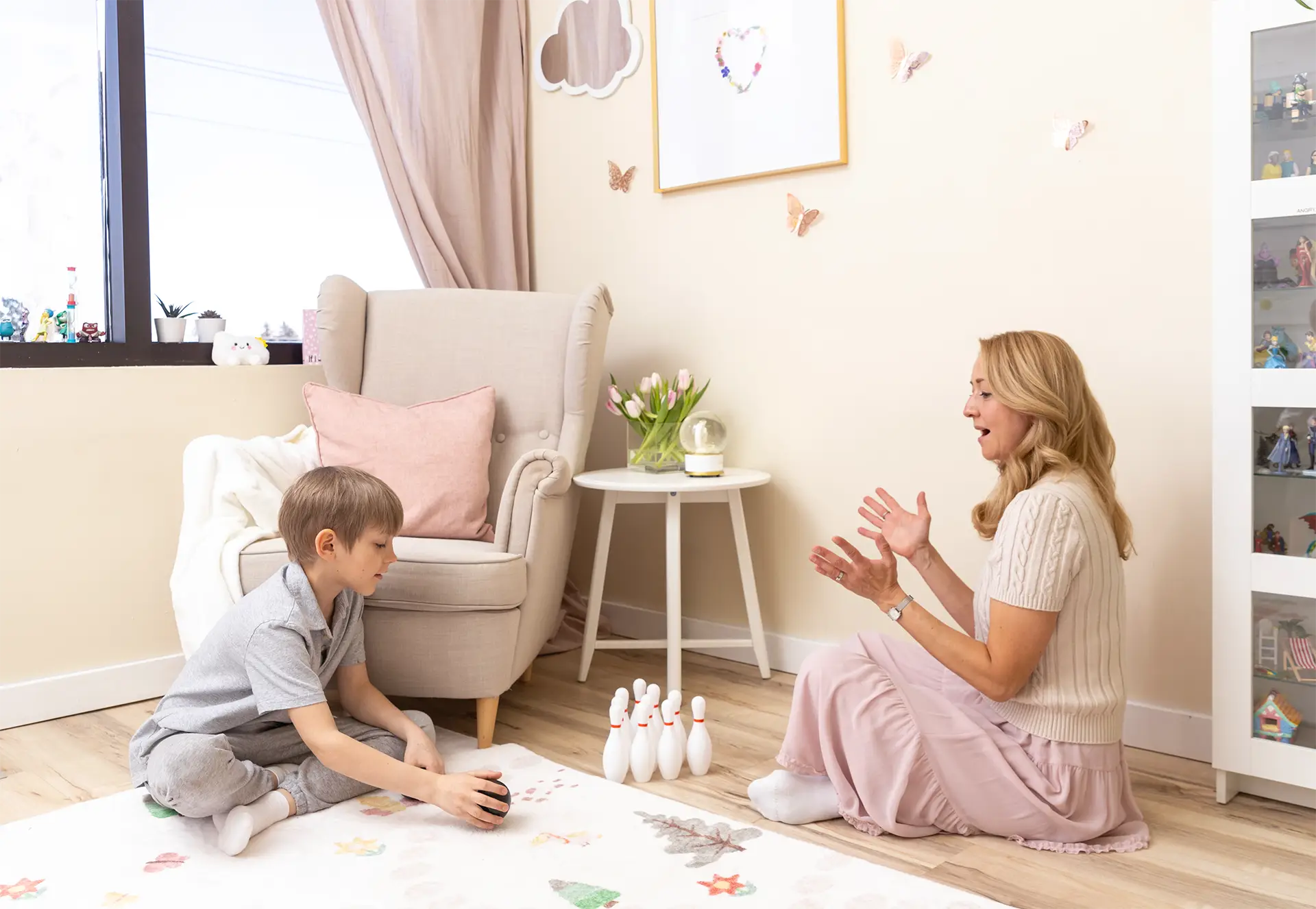
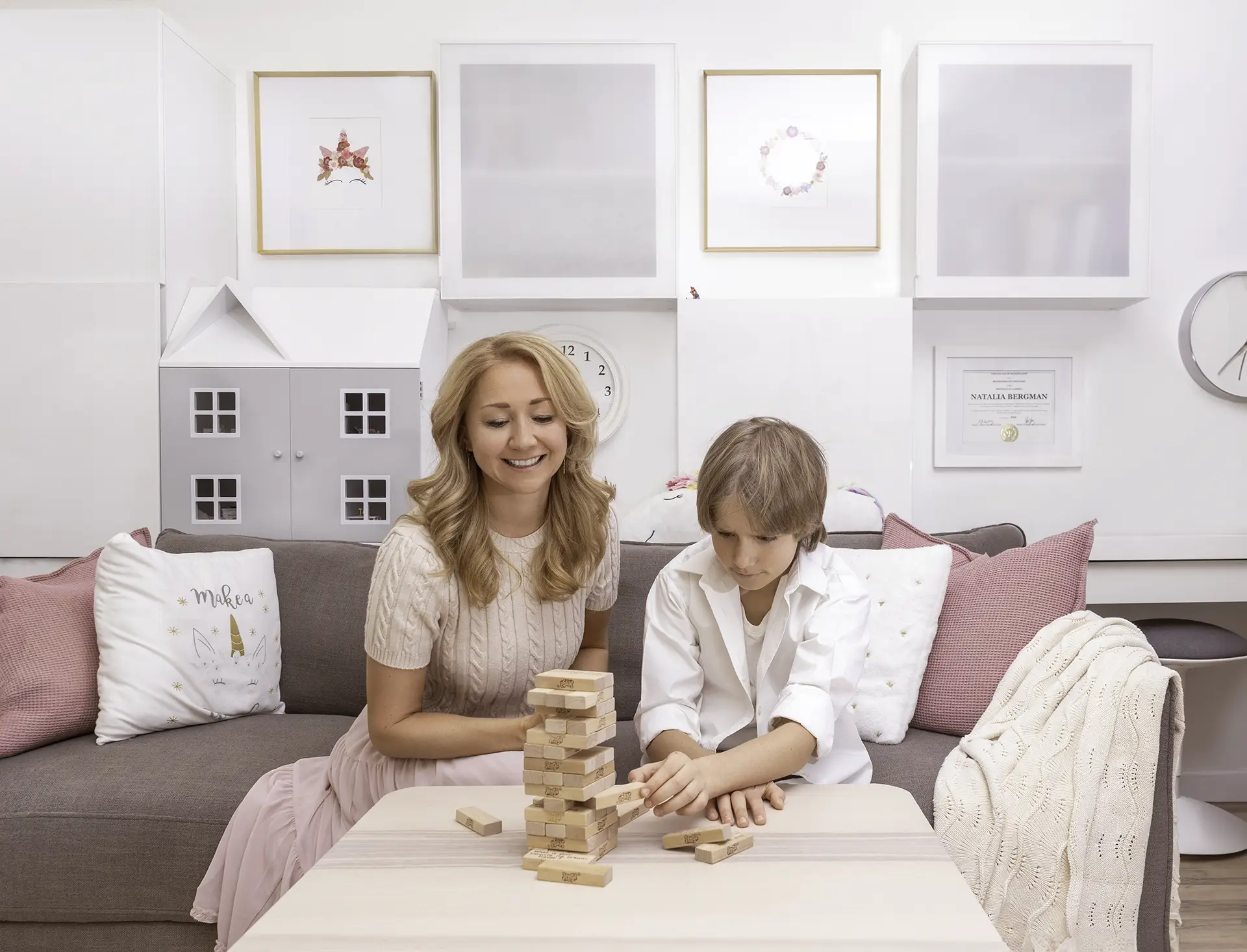
Teens (Ages 13-18): A safe place to be themselves
Adolescence is a rollercoaster of emotions, expectations, and identity shifts. One day, your teen is independent and thriving. Next, they’re overwhelmed, withdrawn, or questioning everything. We offer them a judgment-free space to talk, process, and grow.
What might play therapy look like for adolescents?
- A teen finally feeling heard, not lectured.
- Learning how to quiet the storm of overthinking and anxiety.
- Understanding self-worth beyond grades, likes, and achievements.
How we help adolescents
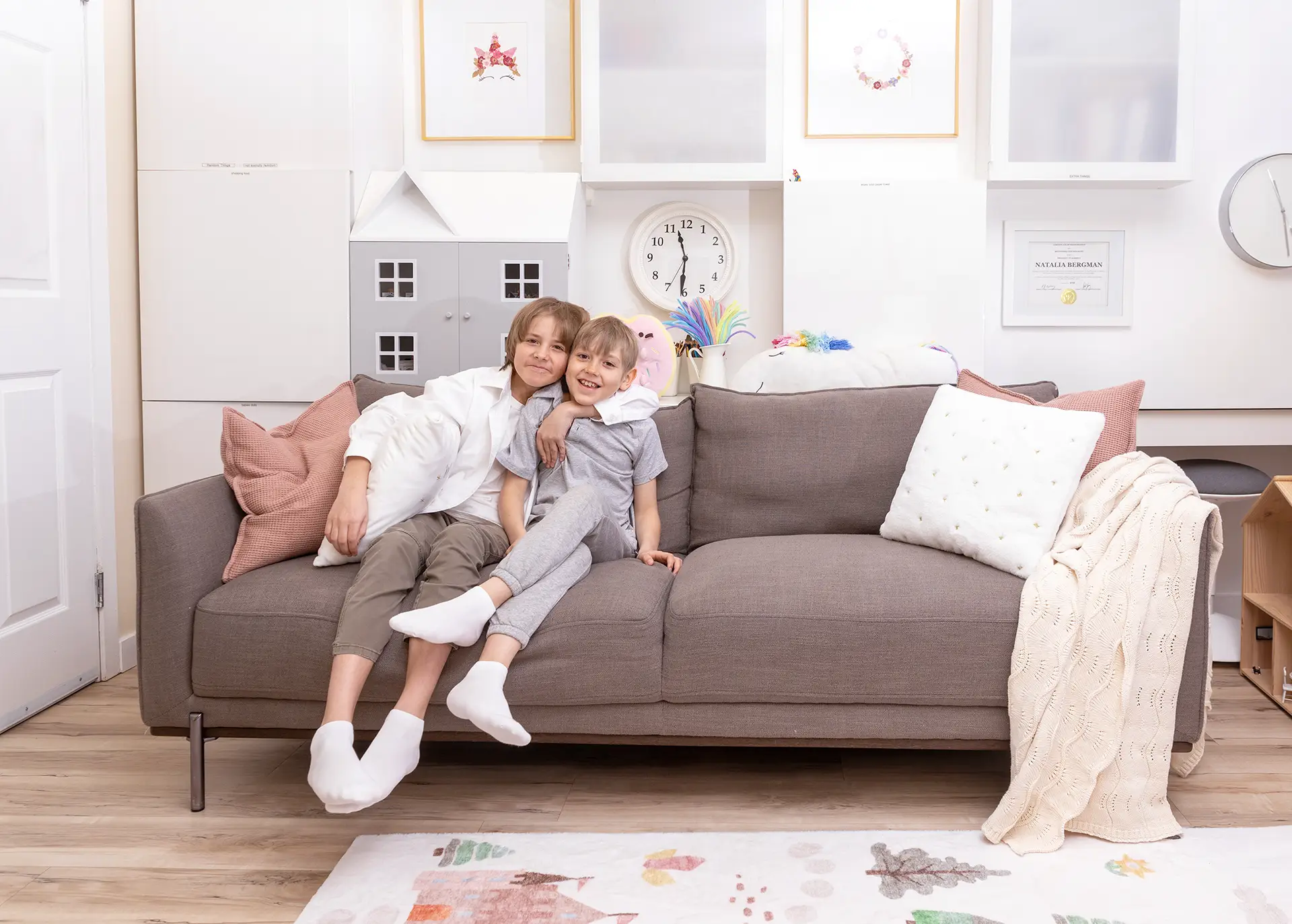
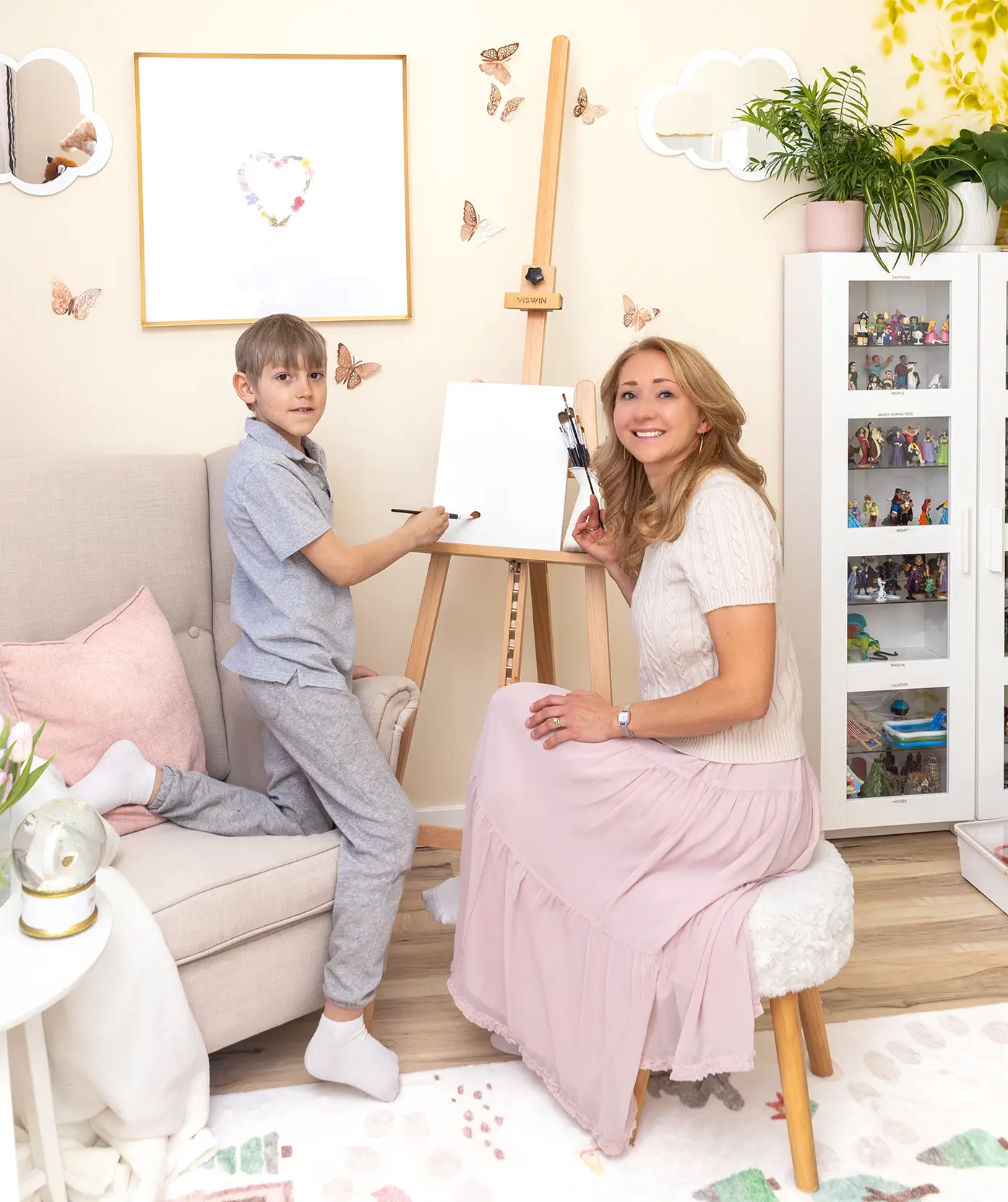
Therapy for parents – because you deserve support, too!
Parenting is equal parts love and exhaustion, and sometimes, you just need someone to say:
“You’re doing your best. Let’s figure this out together.”
Because being a “good parent” doesn’t mean knowing all the answers — it means being open to learning.
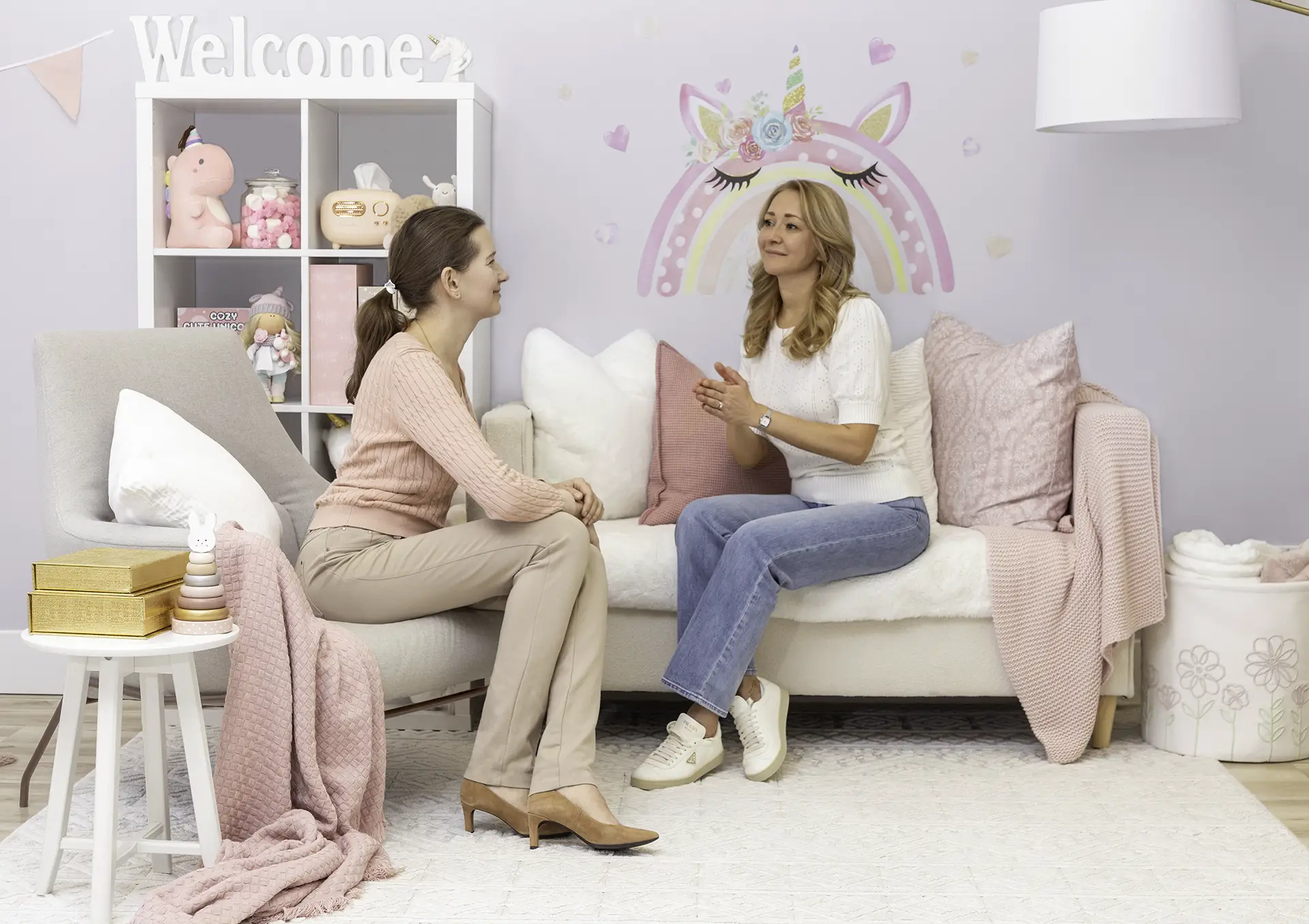
We offer gentle, practical guidance to help parents:
What Happens Next?
- Step 1.
A conversation — a warm and playful, parent-only session to understand your child’s world (we will play!) - Step 2.
Therapy tailored to your child – play-based, creative, and built just for them. - Step 3. Keeping you involved – practical tools to support your child at home.
Fees
- The session duration is 50 minutes and the session fee is $260. Payment is due at the end of each session and we conveniently accept debit, cheque, cash, e-transfer, VISA, and MasterCard.
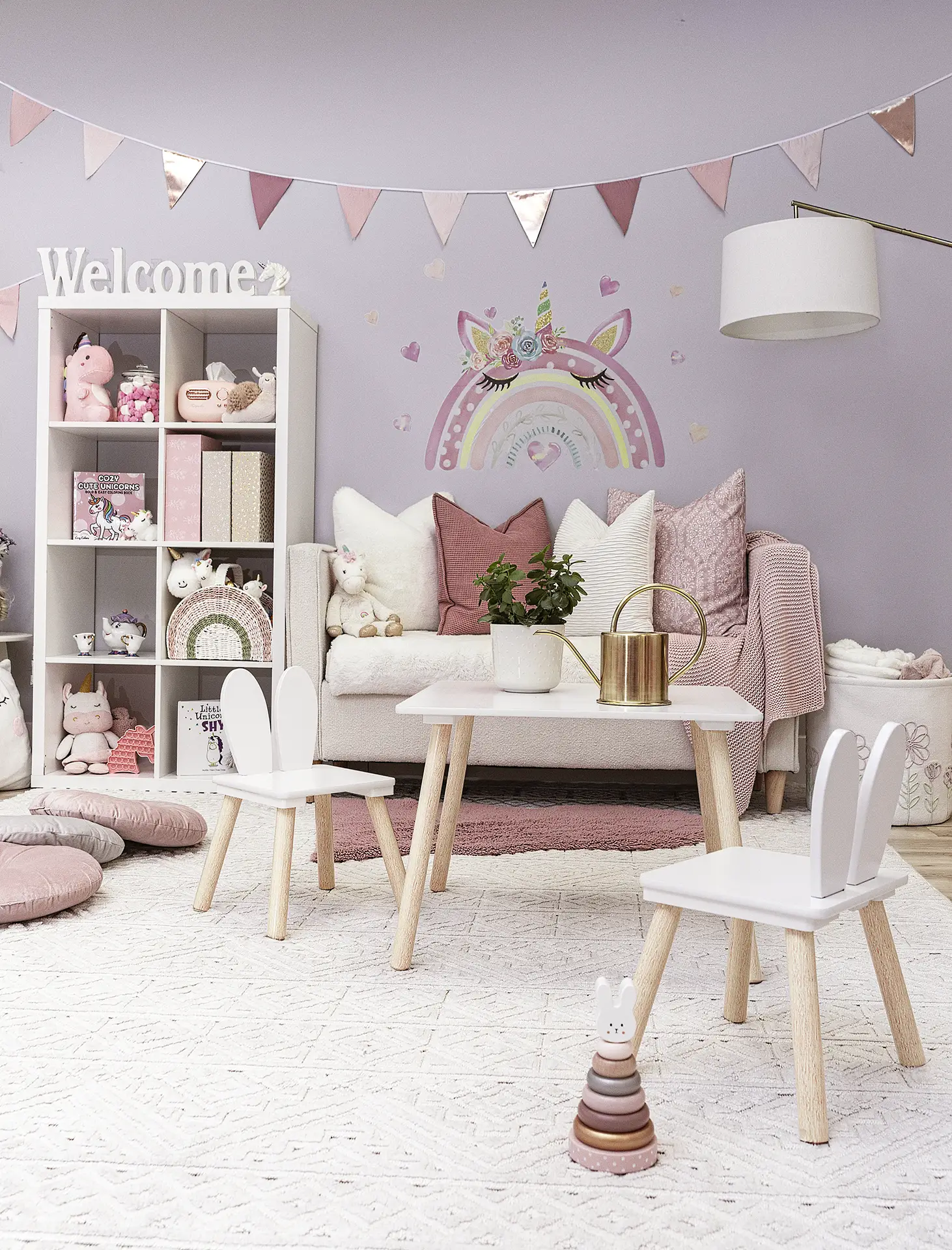
We also offer Play Therapy Services in a small group setting
Feelings & Friends Group for Kids Ages 6-8 and 9-12
We offer group child counselling through our affiliate child counselling clinic in Calgary, Kids Reconnect.
The Kids Reconnect Feelings & Friends Group is a specialized group for kids to learn, practice, and grow their emotional, relational, and communication skills in fun, gentle ways.
The next group starts in September 2025. Sessions are scheduled on weekday evenings.

